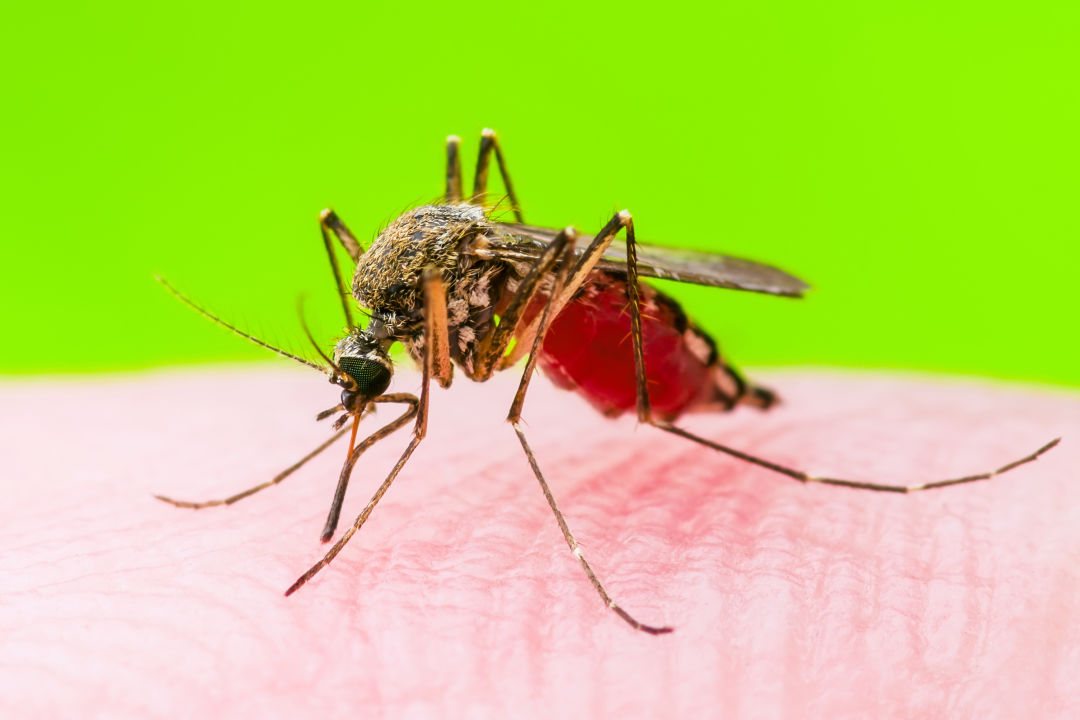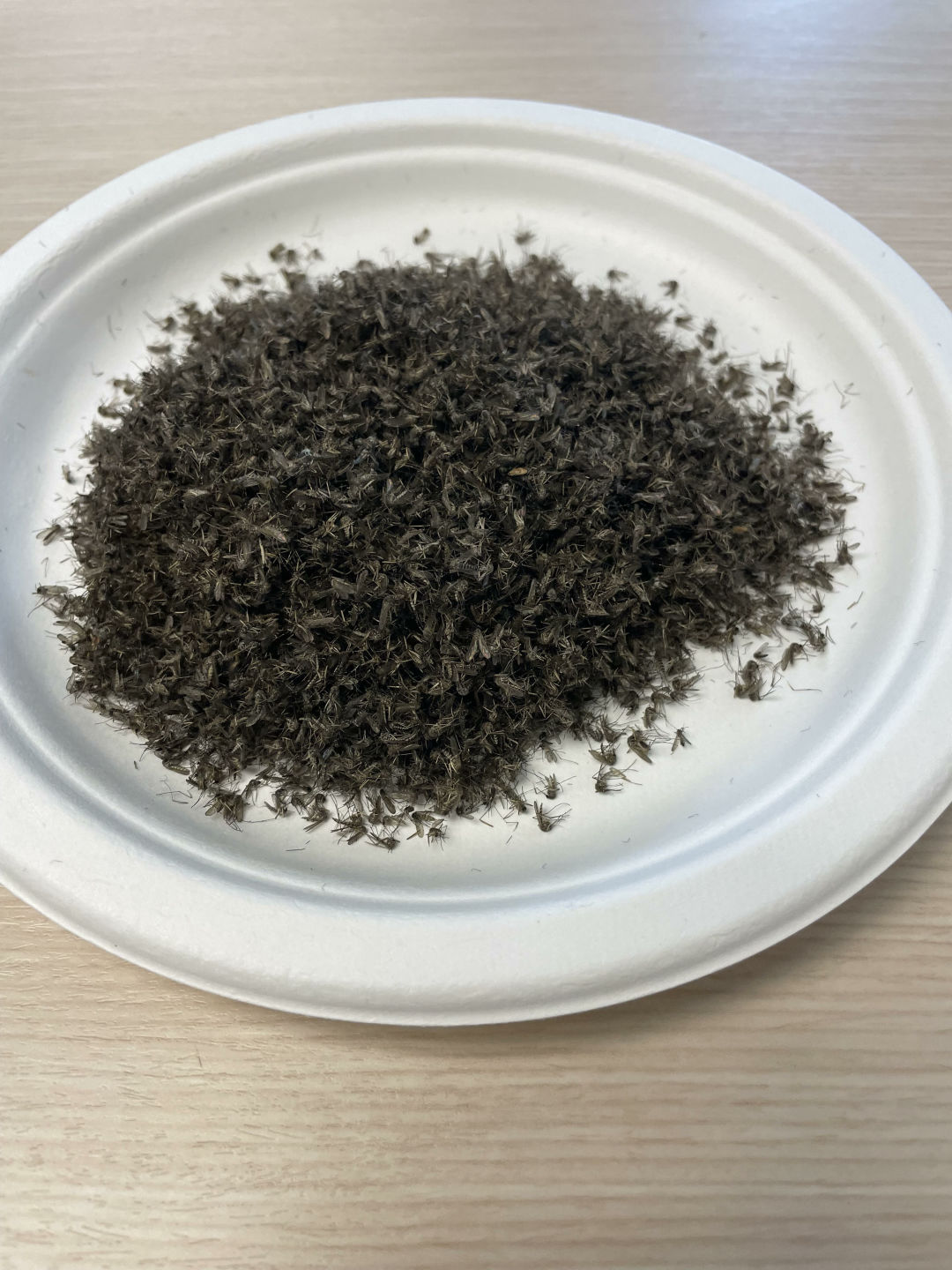
It’s not your imagination: the city is abuzz with mosquitoes and their friends, more mosquitoes. The region is seeing five times the mosquitoes than is typical for mid-June, according to Multnomah County Vector Control. And peak mosquito season doesn’t arrive for another month.
Why? The county was unable to treat large areas with BTI (Bacillus thuringiensis subspecies israelensis, a naturally occurring soil bacteria that kills mosquito larvae), which is standardly used for mosquito control. “We normally would aerially treat these areas with a helicopter, and didn’t due to some regulatory issues that are outside of the county’s control,” says Levi Zahn, a supervisor at Multnomah County Vector Control, who declined to provide further details. Instead, Vector Control applies BTI via ATV and on foot. He added that other counties along the Columbia River also did not spray this year.
This leaves Portland’s mosquito population at the whims of the weather, which so far has been accommodating to mosquitoes: the warm spring caused mountain snowpack to melt earlier than usual, which in turn overflowed portions of the Willamette and Columbia Rivers, creating the standing water in which mosquitoes breed. This year they will likely surpass 2022’s record-breaking numbers in Multnomah County.
The Vector Control department tracks mosquito populations by setting out overnight traps that attract mosquitoes with carbon dioxide (the same substance that attracts them to humans). Scientists typically catch 25 mosquitoes per trap this time of year; this week they’re gathering an average of 125 per trap each night. Traps in some areas are catching up to 1,500 mosquitoes.

The county keeps a close watch on Culex tarsalis, a mosquito species more likely to carry West Nile virus, though Zahn doesn’t expect it to be a concern this year; last year, no virus was found among the hundreds of thousands of mosquitoes the county collected.
The dominant mosquito in Portland is the common floodwater mosquito, which is primarily a nuisance species, says Zahn. To prevent it and other species from breeding and biting near you, Vector Control recommends emptying out standing water that commonly sits in places like flowerpots, pool covers, and gutters. The water in birdbaths should be replaced every couple days to prevent larvae from progressing. And residents can contact the county to get free mosquito fish (tiny fish that eat mosquito larvae) for their decorative ponds.
And ditch those plans for relaxing summer sunset walks in shorts: to avoid mosquitoes, experts advise avoiding the outdoors at dawn and dusk, and wearing long sleeves and pants.
